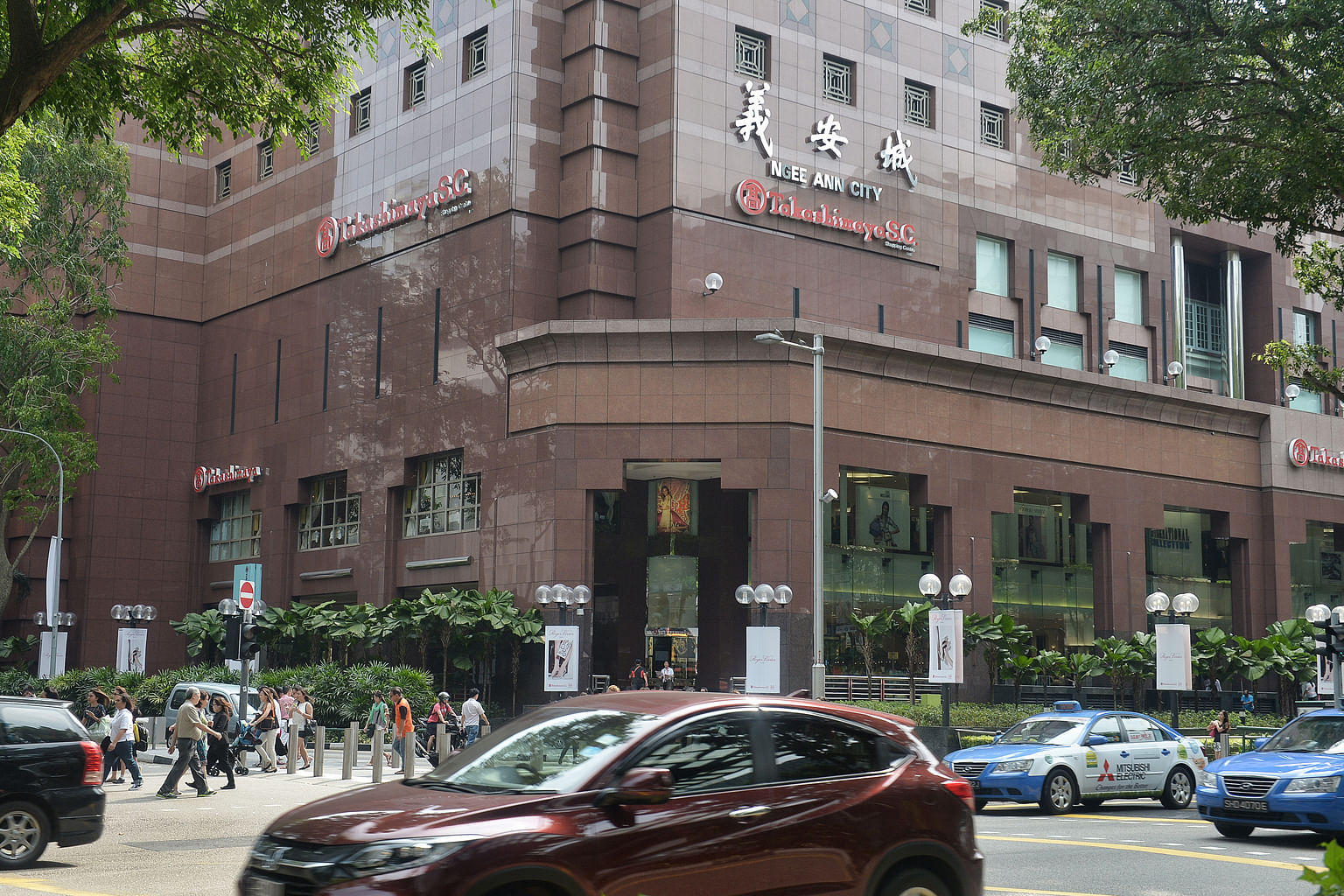As a nation, we are proud of the accolades foreigners heap on us.
Just go to Wikipedia's webpage on Singapore and you will find a long list of its achievements.
Now considering the exacting standards to which we hold ourselves, it may be a tad surprising to find a few companies using "administrative oversight" as a reason to try to explain away the failings in their corporate practices.
Should we leave it at that, or should we insist that there is no place for such slovenly corporate behaviour? Before examining this question, let's consider the two examples of corporate tardiness which surfaced recently.
The first was at Singapore Post, whose failure to disclose the interest of its former lead independent director, Mr Keith Tay, over an acquisition triggered a special audit costing enough money on external consultants to last it a lifetime. That was the description by corporate governance expert Associate Professor Mak Yuen Teen.

True, the probe exonerated Mr Tay by blaming the company's erroneous disclosure on the "carelessness in its preparation by certain SingPost staff" and finding that "there was no deliberate intention to conceal Mr Tay's interest" in the transaction.

But it was the blow-by-blow account in the special audit's 52-page executive summary on what transpired after the so-called administrative oversight that makes for interesting reading.
To recap, SingPost commissioned the special audit in December after wrongly saying that no directors had an interest in its acquisition of freight forwarder FS Mackenzie when, in fact, Mr Tay had been an "interested party", to use market parlance, as he held 34.5 per cent of a boutique finance outfit Sterling Coleman which had advised FS Mackenzie's seller.
After the acquisition announcement made on the evening of July 18, 2014, Mr Tay had spotted the non-disclosure error late that night and had sent an e-mail at 11.10pm to the company secretaries, Mr Winston Wong and Ms Genevieve Tan McCully, to ask if the announcement should "include a comment on (his) indirect interest (through) Sterling Coleman which acts for the seller", and to seek a legal opinion if necessary.
Now, going by what we know of market practices, the modus operandi has always been "to disclose when in doubt" and let investors make an informed decision on whether the disclosure was material to their investments or not.
If a further clarification announcement had been done in SingPost's case, that would have been the end of the story.
Instead, Mr Wong sent Mr Tay's query one minute after receiving it, together with a copy of the SGX announcement, to Mr Ng Eng Leng, the lawyer with the external law firm engaged for the acquisition exercise, and called him to seek his views on "whether it was defensible not to disclose".
What then transpired stretches credulity, occurring as it did late at night when many people would have gone to bed already and the brain will not exactly be performing at its best. In just 17 minutes via e-mail exchanges between 11.11pm and 11.28pm, Mr Ng's advice was that it was "defensible" not to include a statement on Mr Tay's indirect interest and that it was not necessary to release another document.
What raises eyebrows are the revelations then made in the summary: "We understand from Mr Ng that he did not read the final draft of the SGX announcement before it was issued by SingPost, and did not read the SGX announcement attached to Mr Winston Wong's e-mail to him."
And here in lies the rub: When Mr Ng advised SingPost not to issue another announcement, he was not aware that the SGX announcement had contained the inaccurate statement.
Then came another bombshell: "Mr Ng also informed us that he would have advised SingPost to issue a clarification announcement if he had been aware of the inaccurate information."
That account leaves us to wonder if Mr Tay, the director concerned, would have acted differently if he had known that the legal advice not to issue a clarification announcement had been rendered within 17 minutes late at night and how the advice had come about.
Another question: Why couldn't the issue on whether or not to issue a clarification announcement have been deferred to the next morning when everyone would have been wide awake and less prone to error?
Then there is the case which found its way to the courts recently - one that was purportedly also linked to an "administrative oversight".
This is the dispute over rents between the landlord of Ngee Ann City and its anchor tenant, Takashimaya, whose department store has been an iconic landmark in Orchard Road. The two parties had signed a lease in 1993 for 20 years, with Takashimaya being given six options to renew every 10 years after that. The rental rate is to be reviewed every five years and if both sides cannot agree on a value, this would be determined by a valuer.
In 2013, when the original 20-year lease expired, Takashimaya exercised the first option to renew and Ngee Ann wanted to raise the rent to $19.83 per sq ft (psf) a month, from the then existing rate of $8.78 psf.
It had based its premise for the huge proposed hike in rent on a valuation report which would involve hypothetically reconfiguring the layout to reduce department-store space in order to cater for more speciality shops that would presumably command higher rent.
Following Takashimaya's objections, the two sides then came to a compromise to each nominate a valuer to assess the rent and take the average of the two valuations. And here comes the catch - both sides also agreed that their correspondence to the valuers had to be copied to each other.
What later transpired was that Ngee Ann City had sent a letter to the two valuers, instructing them to do the valuation not constrained by Takashimaya's existing space use.
A copy of this letter was supposed to be sent to Takashimaya but the Japanese retailer did not get it. Ngee Ann City later said that the failure to give Takashimaya a copy of the letter was due to - you can guess it - an "administrative oversight".
Predictably, there was an outcry from Takashimaya when it got the two valuation reports which based their assessments on theoretical configurations that would reduce the area for the department store.
Without ploughing further into details of the dispute which is not the subject of this column, we are left to wonder whether the problem would have escalated into a legal dispute, if not for the "administrative oversight" which had resulted in Ngee Ann City not sending out the letter to Takashimaya.
Isn't it a matter of courtesy during negotiations for one party to call the other party to ask if the document it is sending out has been received, even more so in this case, considering that both parties have been business associates for over 20 years?
Indeed, given the amount of grief in terms of time and money which such "administrative oversights" are creating, companies should make sure that there is zero tolerance for such behaviour.
Otherwise, this sort of laxness will grow like a cancer as standards are relaxed and laissez faire attitudes become acceptable norms, sapping at the very vitality that makes Singapore the envy of the world.


